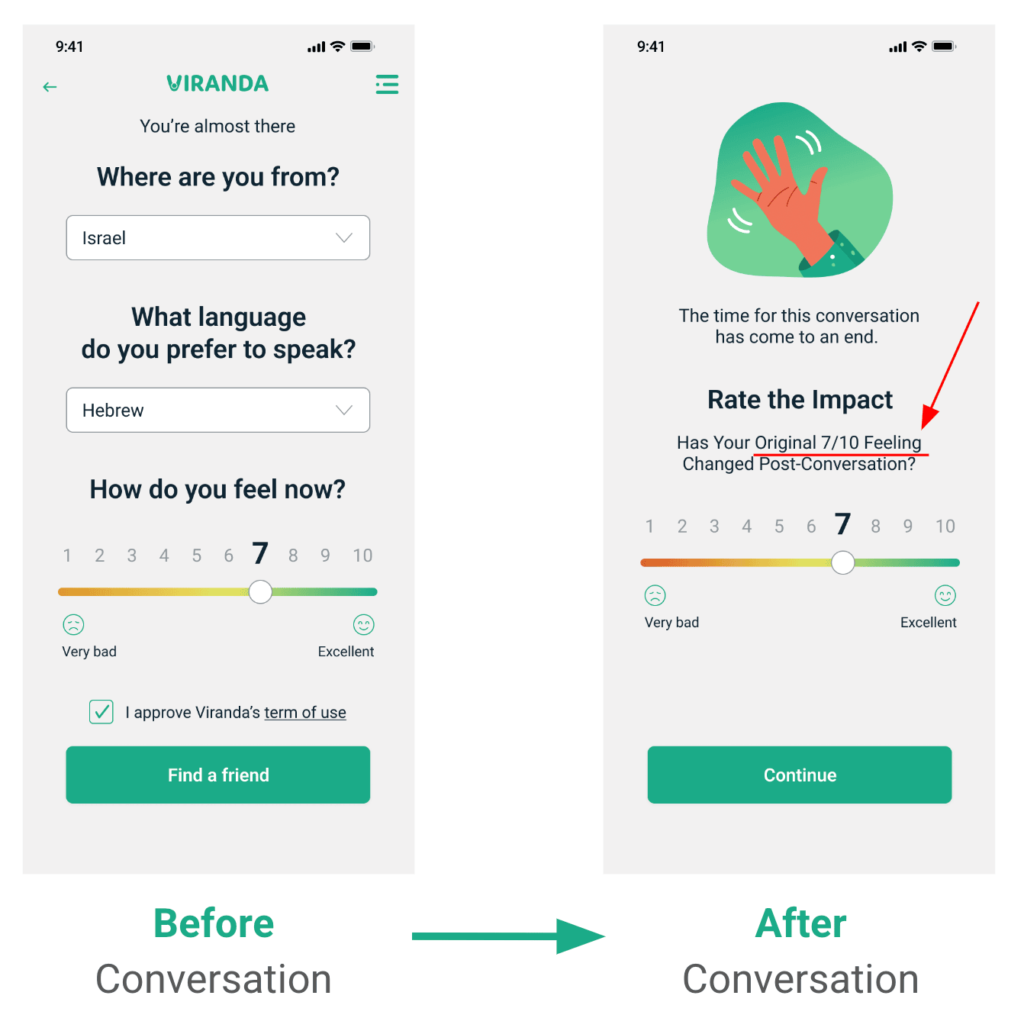A recent study titled “The dynamics of interpersonal emotion regulation: How sharers elicit desired (but not necessarily helpful) support” was published in the journal Emotion. This study has shed light on the complexities of social sharing and emotional support. The research offers valuable insights into how emotional support can be more effectively provided and understood.
Understanding the Research
Background
When people are distressed, they often seek help by sharing their emotions with others. While this social sharing is perceived as beneficial, it often fails to promote emotional recovery. This paradox may be explained by people seeking—and eliciting—emotional support, which offers only momentary relief rather than lasting recovery.
Key Hypotheses
The researchers hypothesized that:
- The type of support sharers seek shapes the corresponding support provided by listeners.
- The intensity of a person’s emotions increases their desire for emotional support and decreases their desire for cognitive support.
- Accurate understanding (empathic accuracy) of the sharer’s emotions by the listener promotes the provision of the desired support.
Study Design
Participants (N = 208) were assigned roles as either sharers or listeners in 8-minute interactions, discussing upsetting situations. They then reviewed their interactions in 20-second fragments and rated their emotional intensity and support needs.
Findings
- Desire for Support: The desire for support predicted the corresponding support provision.
- Emotional Intensity: The intensity of sharers’ emotions was associated with an increased desire for both emotional and cognitive support.
- Empathic Accuracy: Listeners who accurately judged the sharer’s emotional intensity provided the desired emotional support more effectively, though this did not necessarily extend to cognitive support.
Implications of the Findings
These findings suggest that people have partial control over the success of their social sharing in bringing about effective interpersonal emotion regulation. People elicit the support they desire at that moment, explaining why they perceive sharing as beneficial even though it may not lead to complete emotional recovery.
How Viranda’s Features Align with the Research
At Viranda, our features are designed to align with these insights, enhancing the support we provide to our users. Here’s how our core features reflect the research findings:
1. Tailored Support
- Feature: We ask users to rate their feelings on a scale from 1 to 10 before and after each chat. This helps our listeners understand the user’s emotional state and allows us to measure the platform’s value.
- Alignment with Research: The study found that the type of support people desire predicts the support they receive. By assessing users’ emotional states before the chat, we can tailor our support to match their current needs. Post-chat ratings help us evaluate the effectiveness of our support, aligning with the perceived benefits of social sharing.

2. Empathic Accuracy
- Feature: All our empathic listeners (Vira) adhere to the Henosis code of empathy.
- Alignment with Research: The research highlights the importance of empathic accuracy in providing the right type of support. Our Henosis code ensures that listeners are trained to accurately understand and respond to users’ emotions, enhancing the effectiveness of the emotional support provided.
3. Dynamic Support Provision
- Feature: After each chat, users rate their Vira from 1 to 10, helping us enhance empathy skills.
- Alignment with Research: The study suggests that users have some control over the success of their social sharing. By providing feedback through ratings, users help us refine and enhance our listeners’ empathy skills, ensuring that the support remains effective and responsive to their needs.

Conclusion
The recent research underscores the importance of tailored support, empathic accuracy, and continuous feedback in providing effective emotional support. At Viranda, we are proud to integrate these findings into our platform, reaffirming our commitment to delivering meaningful and impactful support to our users. By staying informed about the latest research, we can continue to improve and provide the best possible support for emotional well-being.
Stay tuned for more updates and insights as we continue to enhance our platform based on the latest research and user feedback. Together, we can make a difference in emotional well-being.
Pauw, L. S., Sauter, D. A., Van Kleef, G. A., Sels, L., & Fischer, A. H. (2024). The dynamics of interpersonal emotion regulation: How sharers elicit desired (but not necessarily helpful) support. Emotion. Advance online publication. https://doi.org/10.1037/emo0001382








